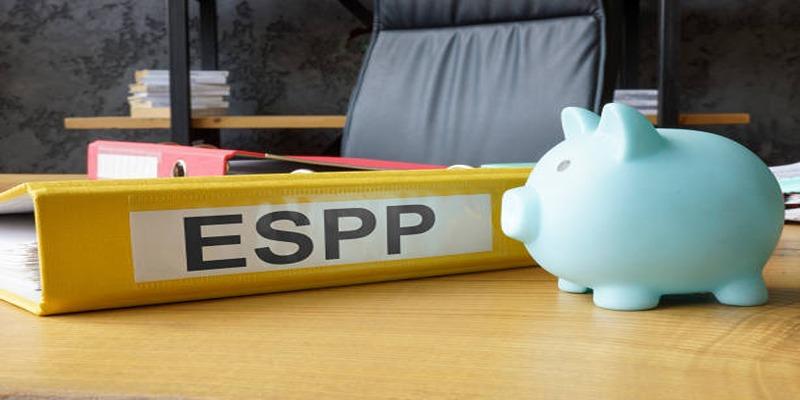Consider getting your ideal car, only to have it instantly disappear. That startling experience has the power to alter your life completely. Repossession is a term that sends a lot of drivers into anxiety and panic. But what does this actually imply for your financial future? Most people think the issue stops when the car is gone, but does it really end there? The facts could shock you and cause you to reevaluate your decisions.
A repo affects more than just your car—it influences your credit and finances significantly. Wondering how long this shadow sticks with you? Ever wondered why lenders see a single missed payment as a major warning sign? Stay with us, as the information ahead may impact your future choices and protect your credit.

How Long Does a Repo Stay on Your Credit Report?
Seven years pass until a repossession—also known as a repo—shows on your credit report. This time, the repo date is not the starting point; it begins with the first missed payment. It stays even if you later pay the balance in full. A repo lets lenders see that you broke your payment promise. It further reveals that the lender had to repossess the vehicle. A credit report includes all unfavorable notes, so future lenders may be aware.
Seven years can seem really long when you need new credit. Obtaining loans or credit cards can be more challenging around this time. The repo will gradually harm your score less as time goes by. However, lenders see it until it entirely vanishes. Waiting just a few months won't make it disappear. After seven years have passed, only time can erase it. A repo stays on your credit report for seven years.
How a Repo Affects Your Credit Score
A repossession can quickly damage your credit rating significantly, showing a substantial impact on your credit score. Before a repo, missed payments severely lower your score. Your credit report reflects your ability to manage your bills effectively. Lenders use it to determine whether they should lend money to you. A repo lets lenders know you didn't live up to your commitment for payment. Future loans may be viewed as high-risk for you. Following a repo, your score may plummet more than 100 points.
A bad score can prevent you from receiving loans or reasonable rates. A low score makes even renting an apartment complicated. Insurance providers could also impose higher rates following a repo. The damage progressively decreases over time, yet it persists. Making on-time payments on other accounts will help you raise your score and rebuild credit after repossession. However, repossession is among the most damaging things on a credit report.
Can You Remove a Repo Early?
Early repo deletion is difficult but not unfeasible, making early removal of repossession a rare possibility. Waiting seven years for it to drop is the most typical strategy. You could, however, try asking the lender to erase it. If you pay, this is known as a goodwill adjustment, and it works. Some lenders may consent to an early payment of the whole amount. Another approach is to review your credit report for inconsistencies. If any inaccuracies exist, you can contest them with the credit bureau.
If they find mistakes, the repo might get removed earlier. Paying a collection company does not automatically remove the repo from your record. Employing a credit repair firm is another option, but proceed with caution. Many services demand excessive costs but fail to deliver results. Always check the credit reporting regulations in your country. Early removal is conceivable, but it typically entails work and lender approval.

How Lenders View a Repo
To lenders, a repossession signals high risk, making them hesitant to approve new loans. They feel you didn't live up to your promise of paying bills. It makes them question your capacity to manage new loans. Specific lenders could categorically reject your application. However, others could agree, but at very high interest rates. They do this because you are a major risk in their eyes. A repo also indicates that you had difficulty handling your finances sensibly.
Lenders evaluate credit reports to determine your degree of trustworthiness. If they witness repossession, they think lending to you is risky. Obtaining a mortgage or car loan after a repo is more difficult. To mitigate risk, some lenders may require a substantial down payment. They might even demand documentation of stable employment and income. Generally speaking, lenders consider a repo to be a major bad influence on your credit history.
How to Avoid a Repo in the Future
You can prevent your belongings from being taken away if you manage your finances correctly each month. Never miss a payment on your auto loan. Always pay it on time. If you are unable to make a payment, please contact your lender immediately to discuss your options. During difficult times, many lenders allow borrowers to reduce their payments or extend the repayment period. Set a budget and keep track of where your money goes.
Don't borrow money that you can't fairly expect to pay back. If your income changes, you need to adjust your spending habits to maintain financial security. Set up automated payments to ensure you never miss a deadline. Make an emergency fund to help you pay for things like losing your job or having to pay for something you didn't expect. Don't ignore calls or letters from your lender concerning late payments.
Conclusion:
If you lose your car, it may negatively impact your credit for years. It can make borrowing more expensive and limit your loan possibilities. Time and good habits can help improve your credit, thank goodness. Create a budget, pay your bills on time, and consult with your lenders before making any decisions. Don't freak out if your car is repossessed. Continue making payments and work on improving your credit score. Making informed choices and acquiring knowledge can help you avoid mistakes and secure your financial future. Keep working on increasing your credit score and stay proactive. Every little bit helps with long-term rehabilitation and stability.












